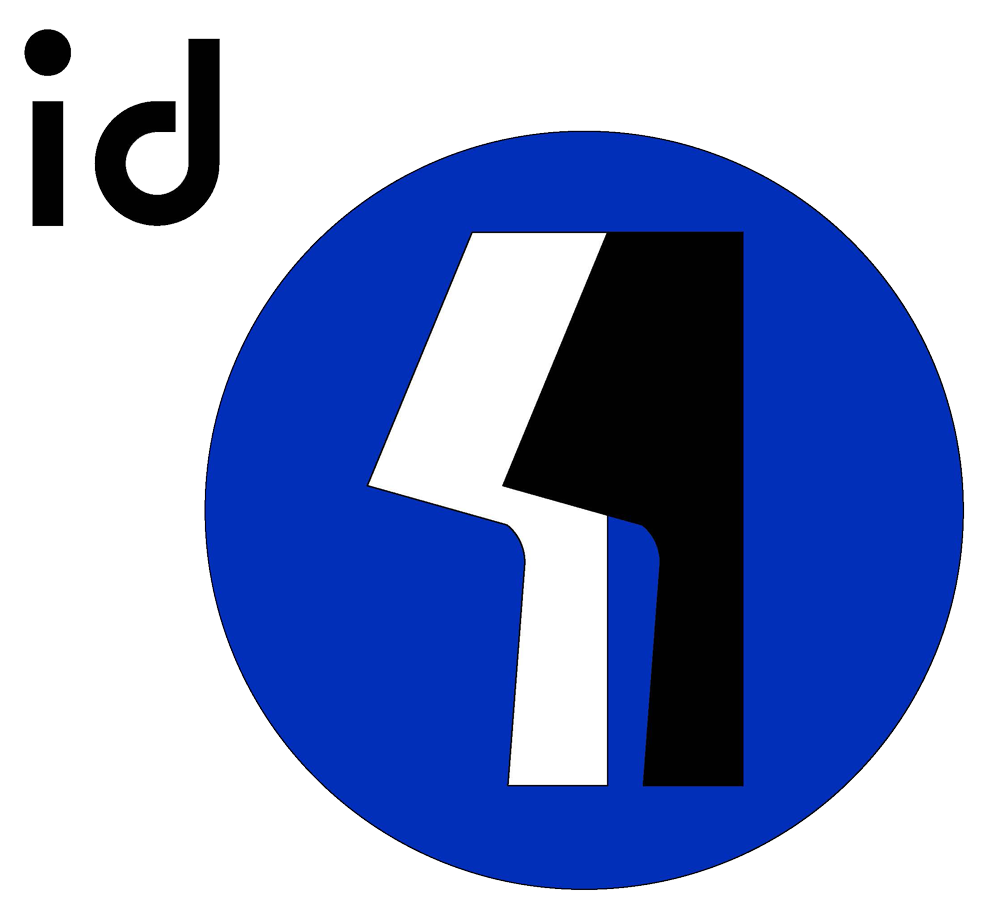Flow analysis is an indispensable strategic tool for improving operational performance, process efficiency and reducing costs and risks. Indeed, understanding, measuring and optimizing the flows of materials, people, data and energy enables the design of tailored solutions capable of responding in a timely manner to the needs of each production or logistics reality.
What is flow analysis?
Flow analysis is a structured process that studies and monitors the paths taken within a plant or logistics center, evaluating not only physical movement but also information and decision flow. The goal is to identify inefficiencies, bottlenecks, redundancies and waste and then intervene through corrective actions and optimization plans.
In industry and agribusiness, the main flows analyzed include:
- Material and product flows: from receipt of raw materials to delivery of finished product.
- People and vehicle flows: handling of operators, forklifts, vehicles and robots.
Why is flow analysis crucial to your business?
The application of detailed flow analysis in production facilities or logistics hubs yields concrete benefits, including:
- Increased productivity: optimizing routes and crossing times means reducing downtime and increasing throughput.
- Reducing operational costs: decreasing unnecessary travel and improving resource saturation (labor, vehicles, warehouses).
- Increased safety: better management of the flow of people and vehicles reduces the risk of accidents.
- Support digitization and automation: flow analysis provides the data needed to implement automated systems such as AGVs (Automated Guided Vehicles), AMRs (Autonomous Mobile Robots) and automated picking solutions.
In addition, in sectors such as agribusiness, where the perishability of products imposes tight deadlines and judicious handling, flow analysis is essential to ensure quality and traceability throughout the supply chain.
How is a flow analysis conducted?
Our approach involves a multi-step path, tailored to the specific characteristics of each production or logistics site:
- Audit: needs analysis and context dice collection, 3D surveys, document analysis, and interviews with operational staff.
- Analysis and modeling: use of flow simulation and modeling software to identify critical issues and opportunities for improvement.
- Optimization proposal: development of design and operational solutions aimed at streamlining processes, reducing lead times and optimizing resource management.
- Implementation support: assistance in the implementation phase of solutions, monitoring and verification of the results obtained.
The importance of specialized counseling
Relying on experienced flow analysis professionals means turning complex data into concrete, measurable, high-impact interventions. Our experience, gained in industrial, agro-industrial and logistics contexts, allows us to propose customized solutions, geared toward obtaining tangible benefits from the very first months of application.
Every reality is unique: therefore, the first phase of consulting is essential to outline a tailored strategy capable of enhancing the production and logistical specificities of your business.
Want to find out how to optimize flows within your company? Contact us for an initial consultation: We will analyze together the most effective improvement opportunities for your business!
Don’t procrastinate: every day without optimization represents a hidden cost. Write to us now and turn your logistics or production into a competitive advantage!





